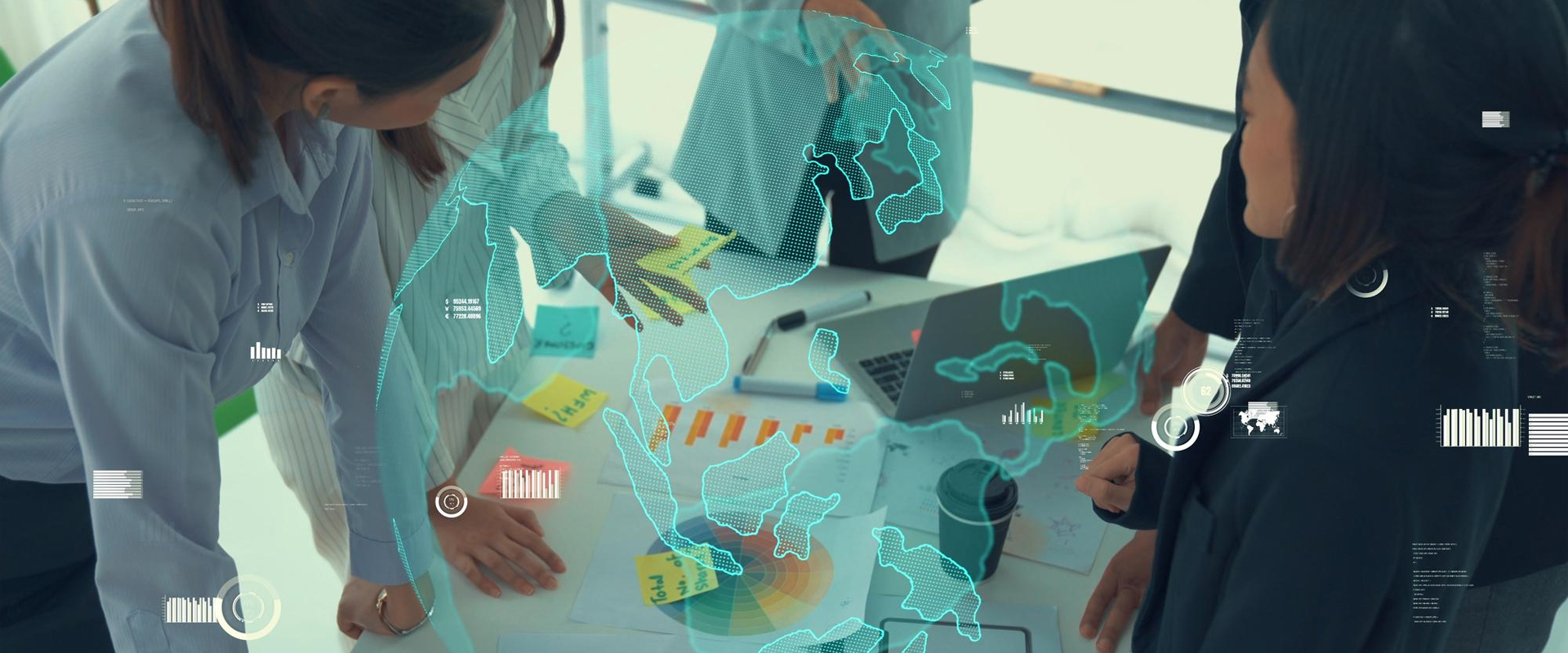Last Updated on December 16, 2024
Introduction
Data integrity is the cornerstone of every successful clinical trial. Integrity is a paramount feature of clinical trial processing. In a world where regulation compliance is the top priority for clinical trials, ensuring data accuracy and reliability is a top-notch requirement. This is where eSource ensures data integrity in clinical trials.
In this guide, we explore the maestros of eSource and how eSource ensures data integrity in clinical trials.
How eSource Ensures Data Integrity in Clinical Trials?
According to a study in the International Journal of Medical Informatics, the comparative effectiveness of eSource for data capture lies in the favor of it. With the integration of eSource, the average data capture time was reduced with a difference of 151 seconds per case. It shows a time reduction of around 37%.
There are further ways how eSource Ensures Data Integrity in Clinical Trials:
Real-time Data Capture:
One of the most significant ways that eSource ensures data integrity in clinical trials is through real-time data capture. But what does it mean? It caters to automatic data capture from devices like wearables or directly input into electronic systems by trial staff.
Traditional paper-based methods often involve delays in data entry, where data is collected manually, and sometimes transcribed multiple times before it reaches its final destination. This can introduce transcription errors, missing information, or delays in critical decision-making.
Real-time data capture not only speeds up data collection but also drastically reduces the chances of errors since the data doesn’t need to be re-entered from paper to electronic systems later.
Automation and Data Validation:
Another way to ensure data integrity in clinical trials is through automation and data validation. Paper-based systems rely on manual checks, which are slow and error-prone. With eSource, automatic validation rules are embedded within the system, flagging any inconsistencies or incorrect entries as they occur. For example, if a certain data field requires a numerical value between a specific range, eSource systems can automatically prompt the user if they enter something outside of that range.
Automation also eliminates the risk of duplicate entries or missed data points. This real-time validation ensures that errors are caught early, leading to higher data accuracy and fewer costly corrections down the line.
Audit Trails and Transparency:
Every action taken on the data can be recorded through an eSource system that provides an audit trail. This transparency level ensures that trial sponsors and regulatory bodies can trace the history of every data point, a critical requirement for maintaining data integrity.
Audit trails show when data was entered, who made any changes, and the reasons for those changes. This level of traceability ensures that eSource ensures optimal data integrity in clinical trials by providing a transparent, verifiable record of all data-related activities, essential for regulatory compliance.
Reduced Risk of Data Loss:
Traditional paper-based data collection methods were more prone to damage or loss. Therefore, there’s a need for automated systems and backups that provide more secure storage and reduce the risk of data loss. With eSource, data is stored electronically and can be backed up in real-time to secure servers, ensuring that no critical information is lost due to human error or system failure.
eSource ensures data integrity in clinical trials by safeguarding against data loss and making sure that complete datasets are available for analysis.
Improved Protocol Compliance:
Finally, eSource ensures data integrity in clinical trials by improving protocol compliance. But why is there a need for protocol compliance? Protocols are the backbone of research and define the trajectory of trials.
Protocol deviations can undermine data quality and even compromise patient safety. eSource systems allow real-time monitoring of data, ensuring that all actions taken during the trial adhere to the study protocol. Researchers can monitor progress and flag deviations as they occur, preventing long-term issues with data integrity.
Talking about integrity, you may also want to read about; What is Data Integrity and Why It Is Important in Clinical Research.
What is Electronic Source (eSource)?
You can understand eSource as the electronic version of conducting clinical trials. It is a transition from paper-based protocols and processes to the automation of processes, whether that be from electronic health records (EHRs), wearables, mobile apps, or direct data entry systems.
Manual data entry is more prone to errors and lacks validation criteria. There are various types of eSource data, including electronic case report forms (eCRFs), EHRs, and data from sensors or devices like glucose monitors. By integrating these systems into clinical trial workflows, eSource ensures not only quicker data collection but also more accurate and complete datasets. This shift toward electronic data collection is a key reason why eSource ensures data integrity in clinical trials, improving both efficiency and quality control.
Regulatory Considerations and eSource
Regulatory bodies like the FDA and EMA are foreleaders in ensuring the protocol and safety implementation in clinical trials. These bodies have approved and recognized the importance of eSource in clinical trials. Additionally, they have issued guidance on its use. These agencies emphasize that eSource data must be accurate, complete, and traceable, aligning with Good Clinical Practice (GCP) guidelines.
Following these guidelines, eSource platforms have designed their systems and processes to meet the safety and efficacy requirements. By maintaining audit trails, automating data validation, and ensuring secure data storage, eSource ensures data integrity in clinical trials while complying with all necessary regulations. Successful implementations of eSource have shown significant improvements in data quality, helping to meet both clinical and regulatory demands.
The Data Migration Process
The Data Migration Process is the transfer of data from one system or format to another, often part of system upgrades, consolidations, or digital transformations. This process involves multiple steps, including data extraction, transformation, and loading (ETL).
The first step, data extraction, pulls data from its original source, such as legacy systems or databases. Next, in the transformation phase, the data is cleaned, reformatted, and standardized to fit the structure of the target system.
Finally, during the loading phase, the data is transferred to the new system or database. Throughout the process, rigorous data validation and testing are essential to ensure that no information is lost, corrupted, or duplicated.
The success of a data migration project depends on careful planning, strong data governance, and effective collaboration between technical teams. Following these best practices, organizations can ensure a smooth transition and maintain data integrity throughout the migration.
Challenges and Best Practices for eSource Implementation
Although eSource ensures data integrity in clinical trials, its implementation is not without challenges. The paramount of it is the technical integration with existing systems. However, staff training and change management can add to the overall challenge list.
To overcome these, clinical trial sponsors and sites should follow best practices such as selecting the right eSource vendor, investing in staff training, and ensuring proper system validation before use. By addressing these challenges early, trial teams can leverage the full benefits of eSource, ensuring smooth adoption and, more importantly, enhanced data integrity.
Conclusion:
To conclude, eSource ensures data integrity in clinical trials by offering real-time data capture, automated validation, audit trails, and secure storage. However, it reduces human errors, improves regulatory compliance, and safeguards against data loss. This all is done following the safety and regulatory standards.
Talking about electronic transition, Minerva Research Solutions offers the best eSource platform for clinical trial management support. We assist with patient recruitment, data operations, and quality assurance. Contact us today for streamlined clinical research data management support.






